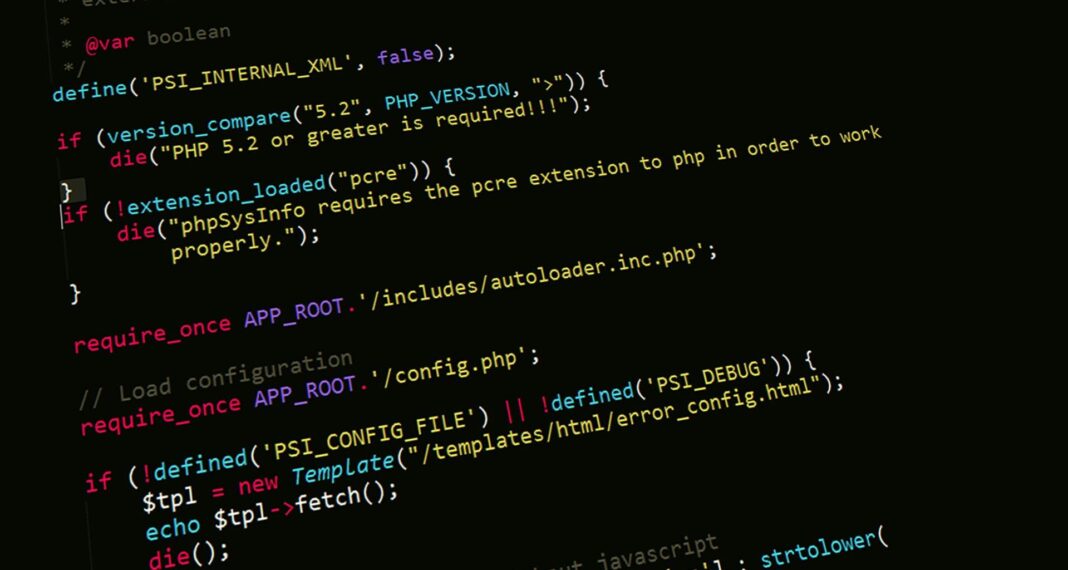The landscape of software development is undergoing a revolutionary transformation. AI-powered code editors are fundamentally reshaping how developers approach programming, shifting us from traditional text-based tools to intelligent assistants that understand context, predict intentions, and automate complex tasks. This evolution represents more than just enhanced autocomplete—it’s a complete reimagining of the developer experience.
The AI Revolution in Code Editing
Today’s AI code editors leverage advanced large language models (LLMs) and sophisticated machine learning algorithms to provide unprecedented levels of assistance. Tools like GitHub Copilot, powered by OpenAI’s Codex, and emerging platforms like Cursor represent a new generation of development environments that can generate entire functions, suggest code refactoring, and even understand natural language instructions.
The impact is measurable: studies reveal that developers using these tools experience productivity gains of up to 55% while reporting 75% higher job satisfaction. This isn’t just about writing code faster—it’s about fundamentally changing the role developers play in the software creation process.
Two Distinct Approaches Emerge
The current AI code editor landscape is defined by two primary approaches. GitHub Copilot operates as an intelligent extension within existing IDEs, providing lightning-fast suggestions and completions based on context from your current file and a limited surrounding scope. Its strength lies in speed and seamless integration with established workflows.
In contrast, Cursor represents the AI-native approach, built from the ground up with artificial intelligence at its core. With its 200,000-token context window, Cursor can understand and manipulate entire codebases, making it particularly powerful for complex refactoring tasks and multi-file operations that traditional tools struggle with.
Transforming Development Workflows
AI code editors are revolutionizing several key aspects of programming workflows. Code generation has evolved beyond simple autocomplete to encompass entire function creation, boilerplate elimination, and even complex algorithm implementation based on natural language descriptions. Developers can now articulate their intentions in plain English and watch as AI translates these concepts into working code.
Automated testing and debugging capabilities are becoming increasingly sophisticated. AI tools can generate comprehensive test suites, identify potential vulnerabilities, and suggest fixes before code even reaches production. This shift allows developers to focus on architectural decisions and creative problem-solving rather than routine maintenance tasks.
The code review process is also being transformed. AI assistants can perform initial code analysis, identify potential issues, and ensure consistency across large codebases. However, human oversight remains crucial—successful AI-assisted development requires developers to understand and validate every AI-generated line of code.
Addressing Productivity Pain Points
Research indicates that developers lose more than five hours per week to unproductive work, including duplicate efforts and context-switching. AI code editors directly address these challenges through several mechanisms:
Context preservation allows AI assistants to maintain awareness of project-wide relationships, reducing the mental overhead of keeping track of complex codebases. Intelligent code suggestions eliminate repetitive typing while automated documentation generation keeps projects well-documented without manual effort.
The cognitive load reduction is particularly significant. By automating routine tasks and providing intelligent assistance, AI code editors allow developers to maintain focus on high-level problem-solving rather than getting bogged down in syntactic details.
Emerging Trends and Future Capabilities
Several key trends are shaping the next evolution of AI code editors. Multi-modal interfaces are emerging, allowing developers to interact through voice commands, visual inputs, and even screenshot analysis. This expansion beyond text-based interaction promises to make programming more accessible and intuitive.
Specialized models tailored for specific domains and programming languages are becoming more prevalent. These smaller, more focused models often outperform general-purpose alternatives while requiring fewer computational resources, making AI assistance more widely accessible.
Collaborative AI agents represent the next frontier, where multiple AI assistants work together on complex projects, each specializing in different aspects of development. These systems promise to handle entire software development lifecycles with minimal human intervention.
Challenges and Considerations
Despite their transformative potential, AI code editors face significant challenges. Security and privacy concerns top the list, with 87% of developers expressing concerns about accuracy and 81% worried about data security. Organizations must carefully balance the productivity benefits against potential risks of exposing sensitive code to external AI systems.
Code quality and reliability remain critical concerns. While AI-generated code often works on the first attempt, developers must maintain vigilant code review practices to catch subtle bugs or security vulnerabilities that AI might introduce. The risk of generating inefficient or incorrect code, particularly for less experienced developers, cannot be overlooked.
The Path Forward
The future of programming workflows is increasingly AI-collaborative rather than AI-replacement. Successful adoption of AI code editors requires developers to evolve from pure code writers to intelligent code editors and architects. This shift demands new skills: prompt engineering, AI output validation, and strategic thinking about when and how to leverage AI assistance.
As these tools continue to mature, we can expect to see more sophisticated integration with development lifecycle management, enhanced collaboration features, and improved understanding of complex software architectures. The most successful developers and organizations will be those that learn to harness AI as a powerful amplifier of human creativity and expertise rather than a replacement for fundamental programming knowledge.
The transformation is already underway, and early adopters are reaping significant productivity benefits. For developers looking to remain competitive in an increasingly AI-driven landscape, embracing these tools while maintaining strong fundamentals will be essential for success in the evolving world of software development.




